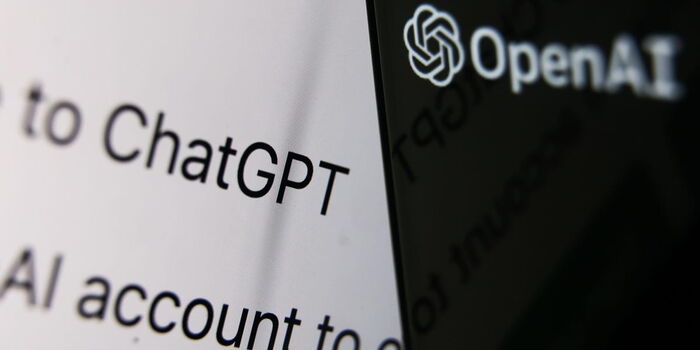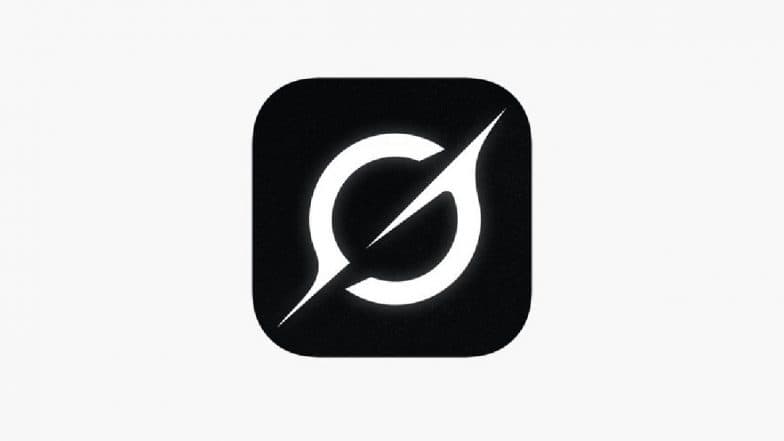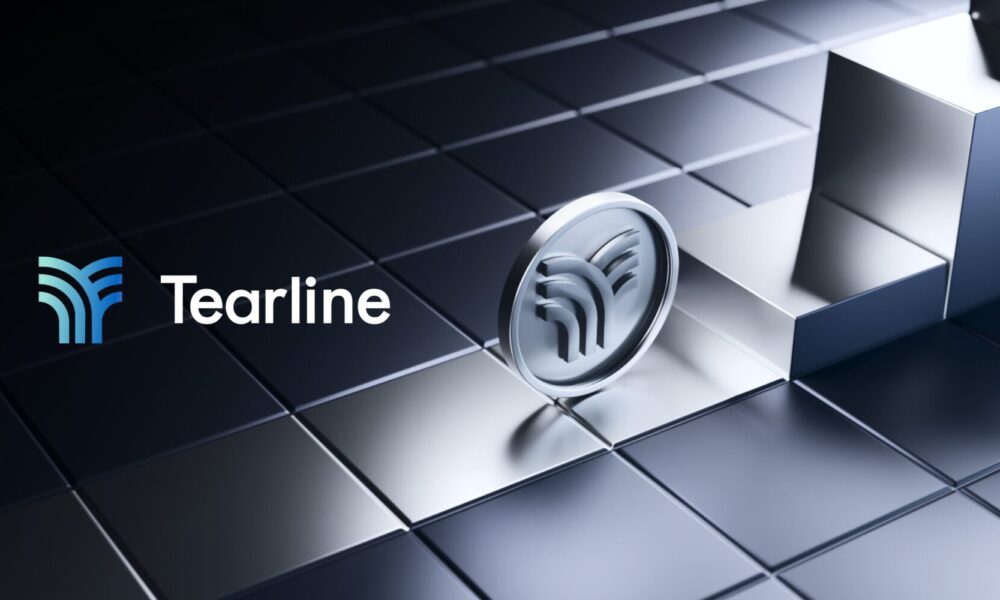OpenAI's ChatGPT Experiences Global Outage

A significant global outage has affected OpenAI's popular AI chatbot, ChatGPT, leaving users worldwide unable to access the service. Reports flooded in detailing various error messages experienced by users after prompting the chatbot, including "Error in message stream," "too many concurrent requests," and the generic "Hmm...something seems to have gone wrong." This widespread disruption, occurring due to technical issues, left thousands of users without access to the world's most commonly adopted AI, underscoring the growing reliance on such tools.
OpenAI, the developer behind ChatGPT, promptly acknowledged the issue on its status page. The company stated it had received several reports of latency and that "Some users are experiencing elevated error rates and latency across listed services. We are investigating." This investigation extended beyond ChatGPT, as other OpenAI offerings, such as its APIs and the video creation chatbot Sora, also appeared to be experiencing similar problems for hours. In a subsequent update, OpenAI confirmed that the outage was causing degraded performance and that the investigation was still ongoing across all listed services.
The outage was not confined to a specific region, with reports emerging from across the world, including India, where 85 per cent of users reported downtime, and the United States and the United Kingdom, where more than a thousand users reported problems. DownDetector, a website that tracks spikes in user problems, also reported issues related to the chatbot, affecting both its website and mobile application. According to some reports, a significantly larger percentage of these issues were experienced by users attempting to access the chatbot via its website compared to those using the app.
The sudden unavailability of ChatGPT triggered a significant reaction on social media platforms, particularly X. Many users, who have integrated the AI into their daily routines, took to these platforms to share how much their working day had changed. Even through comical posts, the message was clear: many rely heavily on AI and struggle without it, even for short periods. Users expressed concerns like, "ChatGPT is down how will I answer if someone asks me my name?" or "Am I supposed to use my brain now at work?" Corporate employees, in particular, felt the impact, with one user posting, "Chatgpt being down is so… how am I supposed to answer my work emails?" Another, a developer who seemingly utilized the chatbot for coding, wrote, "ChatGPT is down now, I'm just a full-stack developer that doesn't even know how to write HTML." This highlighted a growing over-dependence on AI, further evidenced by a series of memes launched on various social media platforms.
Launched in November 2022, ChatGPT rapidly became the most famous AI chatbot. Users can type in any question, from profound inquiries about the meaning of the world to simple factual clarifications like whether chimps are bigger than gorillas. However, its widespread adoption has been controversial, particularly regarding its use by students and employees, who have been criticized for relying too heavily on AI to produce work. While some have feared that artificial intelligence will take jobs, others have dismissed this as a misconception.
Research into ChatGPT's effect on the workplace has so far produced a mixed picture. Some surveys suggest that AI chatbots can enhance productivity by streamlining tasks, allowing employers and employees time to focus on other responsibilities. Conversely, others have highlighted a significant drawback: chatbots can frequently reshare inaccurate information, including conspiratorial thinking, due to issues with how they collect and process data. Some experts have taken a more serious approach, questioning our broader dependency on artificial intelligence. For instance, Paul Armstrong, writing in City AM, expressed fears that AI could be the "death knell of critical thinking." He argued that "Frequent reliance on generative tools appears to be reducing critical thinking ability, not enhancing it," citing research on cognitive offloading which shows that when individuals allow AI to handle complex cognitive tasks like interpretation and argument construction, they are less likely to retain or fully understand the material. This has led to questions like, "ChatGPT goes down for a moment, and everyone panics. Should we be concerned that we’re becoming too dependent on closed-source AI?"









